Over a billion people overcame poverty in the past 15 years, but extreme climate events and natural disasters force millions of people into poverty every year. The planet is in a volatile state. Extreme weather events due to climate change, natural calamities, and civil unrest, puts our fragile planet at risk. And India, an agrarian economy, highly dependent on Monsoon, is one of the most climate-vulnerable countries in the world.
In the years to come, the frequency of extreme weather events is likely to go up, putting the lives of millions of people and the economy at stake. While globally losses due to disasters stood at $3 trillion between 1998 to 2017, India alone, suffered economic losses of nearly $80 billion during the same period according to the UN office for Disaster Risk Reduction (UNISDR). The study ranks India among world’s top five countries to have suffered the maximum economic losses due to disasters.
Besides, the steps that are being taken to keep the temperature rise below 1.5 degree Celsius, a lot of work needs to be done to build resilience among vulnerable communities. In the recent times, Government of India and organisations seem to have gotten better at identifying groups in need of humanitarian aid; catering to their specific needs and vulnerabilities; and the speed at which they respond to disasters.
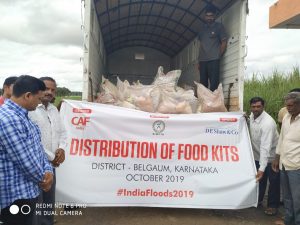
This was evident during in Cyclone Fani in Odisha, when the state government and other agencies were successful in minimizing loss of life and property. This was the result of an effective pre-disaster strategy and prompt response by the state government of Odisha and other agencies.
OneStage Disaster Fund
For immediate relief to be more effective, resources must be mobilized prior to the disaster, which can save hundreds of people and millions in economic losses. Currently, post-disaster response including donor assistance lacks timely and prompt plan of action. There is a dire need to pool resources to better manage the cost of humanitarian response, ensure timely action, and mitigate long-term social and fiscal impacts.
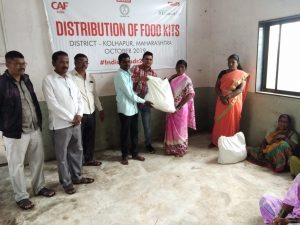
OneStage is working on creating a fund that will be available at the time of disaster for timely relief response. The fund will serve as a necessary fiscal buffer that can be accessed immediately unlike other relief funds which takes nearly a week for consolidation. The fund will be available to analyse the on-ground situation effectively and set in course the correct response to save hundreds of lives.
Building resilience
While, the response rate and effectiveness have improved over the past few years, we still need to work on making communities disaster resilient.
At its core, a resilient community is well-equipped and trained to respond to the impending disaster in a timely manner. For this, we need to build a network of local organizations and government agencies that are already present in the disaster-prone geographies. These organizations are strongly rooted to the local areas and work closely with the local communities. Naturally, they have a deep understanding of cultural, political, and logistical environment. It is important that these grassroots organisations are involved in training local communities on the best practices involved, in case of a disaster.
Besides this, these organisations must also be trained to create awareness among local communities about availing various government schemes. These schemes help victims compensate their losses and access other benefits.

Ensuring Credible Action
During disasters, donors often feel overwhelmed to pick and choose an organization to support. But OneStage has been able to effectively forge partnerships between donors and the local non-profits ensuring accountability.
In all of its disaster responses, OneStage ensured, utmost transparency and accountability in its operations. All local non-profits that have been selected to work at disaster sites, have undergone a rigorous due diligence carried out by OneStage. This has helped OneStage build credibility and trust among its donors.
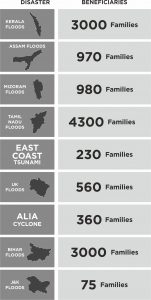
Building an eco-system that is disaster-ready is a necessity that cannot be ignored anymore.
Disasters can trigger a chain reaction that can cripple an entire nation and not just a few hundred families. The future of the planet is at stake and it does’t get easier from here. But effective and timely steps can ensure that we put up a good fight against the wrath of Nature.
Search
Categories
Recent Posts
- A brief visit to a project site in Gurugram
- How was OneStage born?
- ‘The plight of people moved me, and the heroic efforts of frontline workers inspired me to support COVID Relief work’
- 7 ways to take care of your Mental Health during the pandemic
- 5 things you must keep in mind before forwarding information on COVID
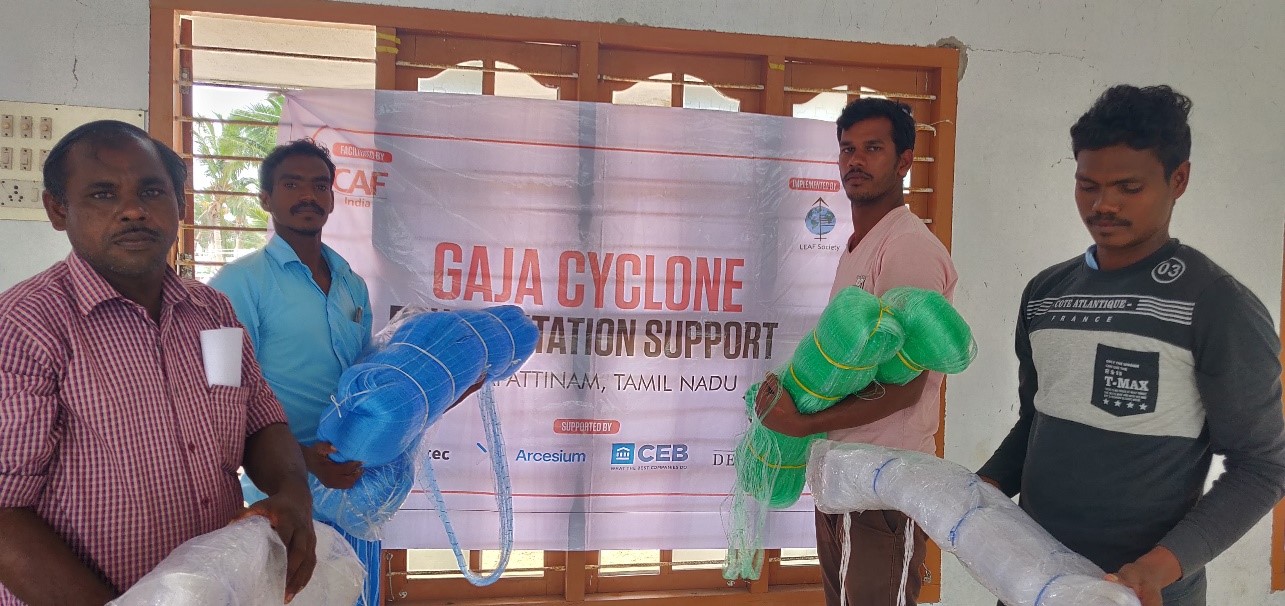






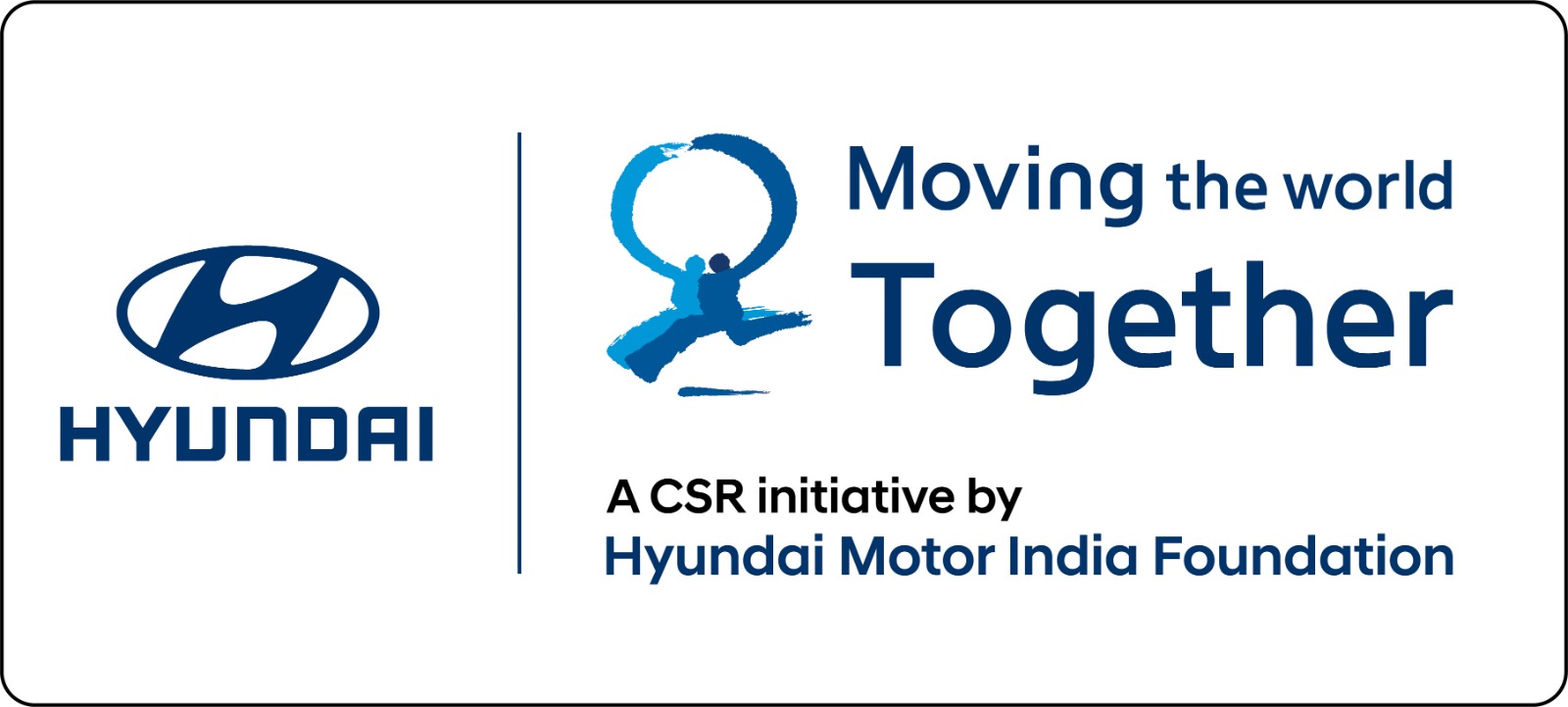




.png)

.png)

